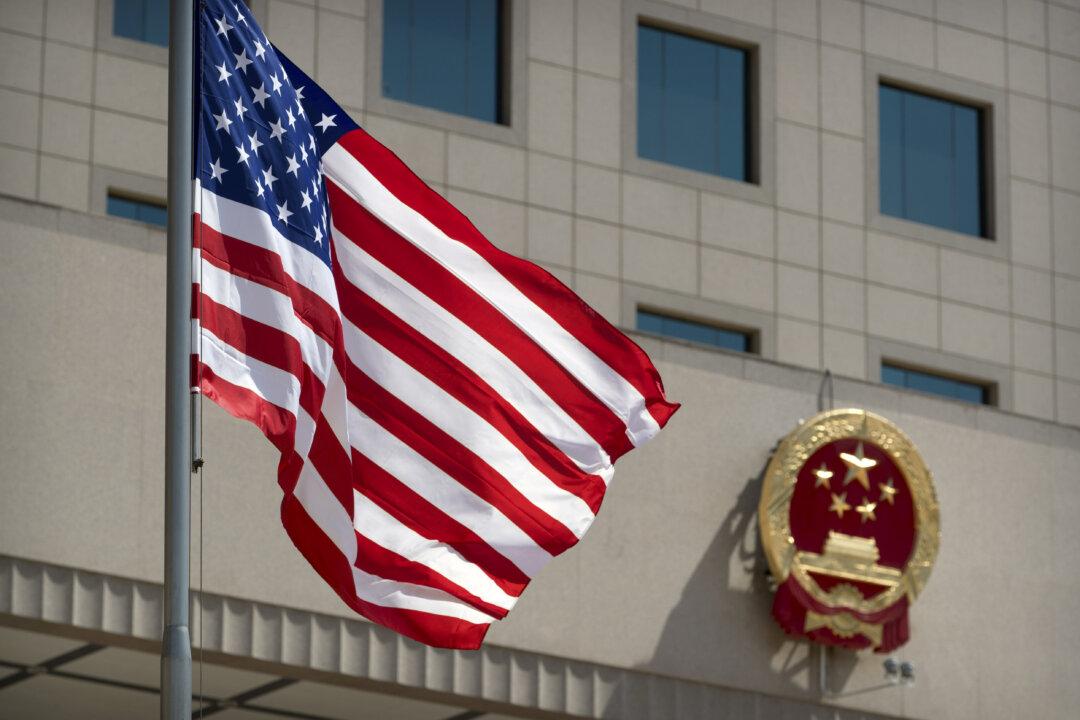News Analysis
For decades, the Chinese Communist Party (CCP) has been subverting the United States by infiltrating, undermining, and influencing its key institutions.

For decades, the Chinese Communist Party (CCP) has been subverting the United States by infiltrating, undermining, and influencing its key institutions.